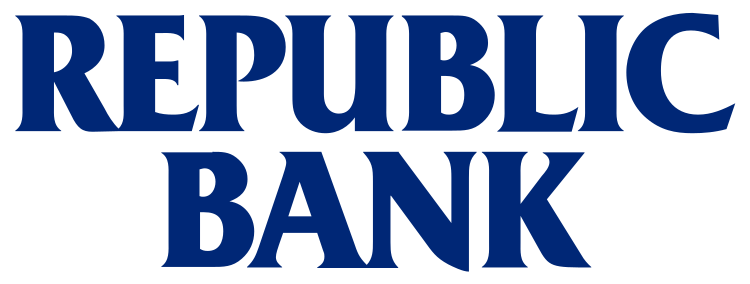Inflation fears grow as business confidence plummets and costs surge
- Australian businesses report rising cost pressures despite a lifeless economy
- Business confidence fell to minus 3 index points in May from April
- NAB’s business conditions index fell 1 point to 6 index points over the same period
- Labor cost growth rose to 2.3% in quarterly equivalent terms in May from 1.5% in April
- Purchase cost growth increased to 1.9% from 1.3%
- Product price growth rose to 1.1% overall from 0.8%
- Retail price growth increased to 1.6% from 1.0%
- Cost and price growth measures appear to have reaccelerated in May
- RBA discussed the option of raising interest rates further
Australian businesses are facing rising cost pressures despite a stagnant economy, according to the latest monthly survey by National Australia Bank. Business confidence fell 4 index points to minus 3 index points in May from April, while NAB’s business conditions index dropped 1 point to 6 index points over the same period. Labor cost growth rose to 2.3% in quarterly equivalent terms in May from 1.5% in April, and purchase cost growth increased to 1.9% from 1.3%. Product price growth climbed to 1.1% overall from 0.8%, and retail price growth rose to 1.6% from 1.0%. The Reserve Bank of Australia (RBA) has discussed the possibility of raising interest rates further, as inflation fears grow. Despite weak retail sales growth, capacity utilization remains elevated across the economy, and firms are still hiring. However, the RBA warns that inflation will only moderate gradually.
Factuality Level: 8
Factuality Justification: The article provides accurate and objective information about the latest monthly survey of firms by the National Australia Bank, discussing business confidence, inflation pressures, and the Reserve Bank of Australia’s potential interest rate decisions. It includes relevant data points such as labor cost growth, purchase cost growth, product price growth, and retail price growth. The article also quotes an expert’s opinion on the situation. However, it lacks some context or background information about the Australian economy and could provide more details on how these factors may affect consumers and other sectors.
Noise Level: 6
Noise Justification: The article provides relevant information about Australian businesses experiencing increased inflation pressures and a decline in business confidence, but it lacks in-depth analysis or actionable insights for the reader. It also does not explore the consequences of these trends on specific groups or provide solutions to address them.
Public Companies: National Australia Bank (NAB)
Key People: Alan Oster (Chief Economist at National Australia Bank), James Glynn (Writer)
Financial Relevance: Yes
Financial Markets Impacted: Australian businesses and Reserve Bank of Australia
Financial Rating Justification: The article discusses business confidence, inflation pressures, interest rates, and the Reserve Bank of Australia’s policy options, which are all financial topics that impact Australian businesses and financial markets.
Presence Of Extreme Event: No
Nature Of Extreme Event: No
Impact Rating Of The Extreme Event: No
Extreme Rating Justification: There is no extreme event mentioned in the article. It discusses Australian businesses facing inflation pressures and a potential need for interest rate increases.
 www.wsj.com
www.wsj.com 





